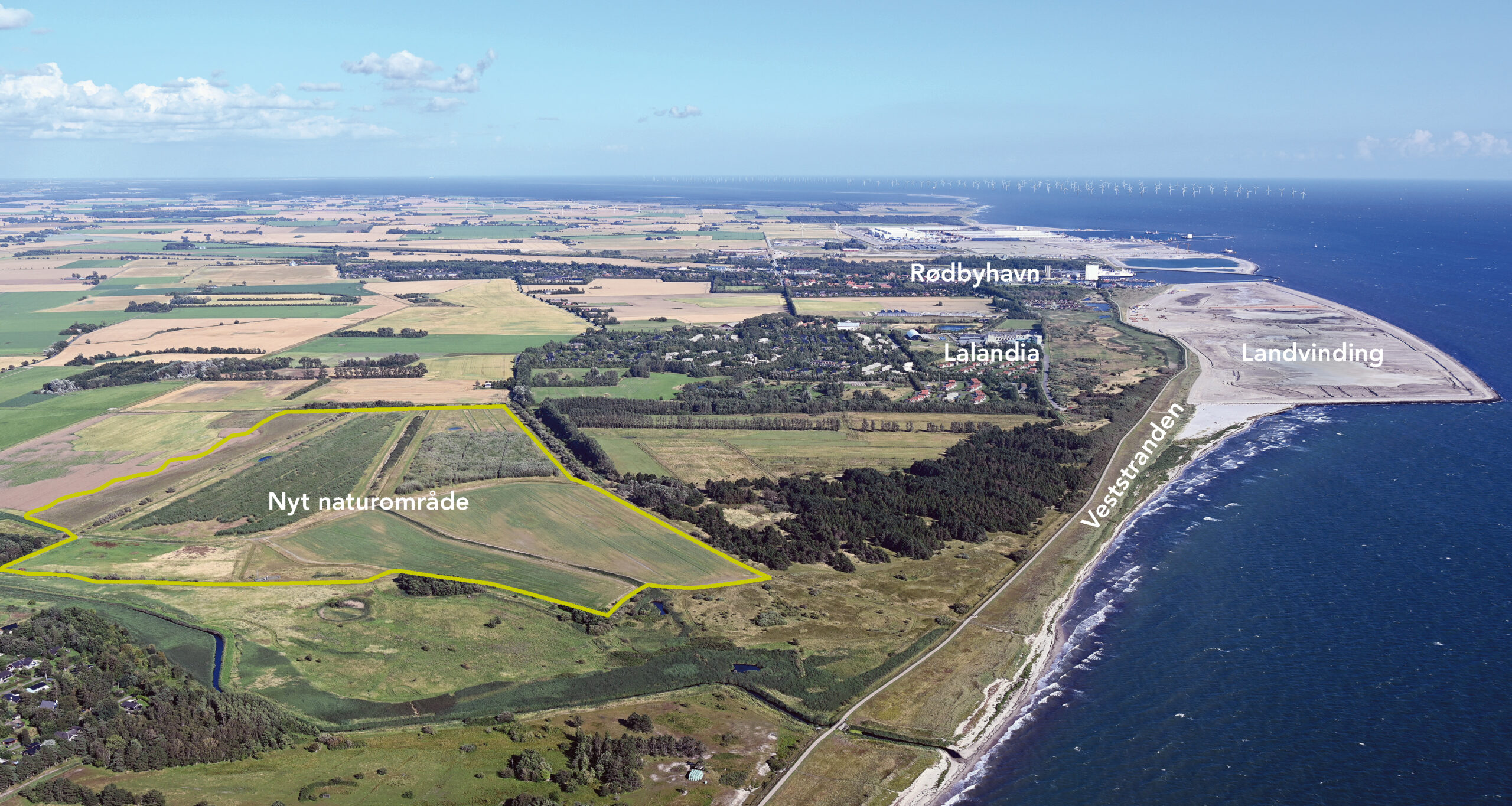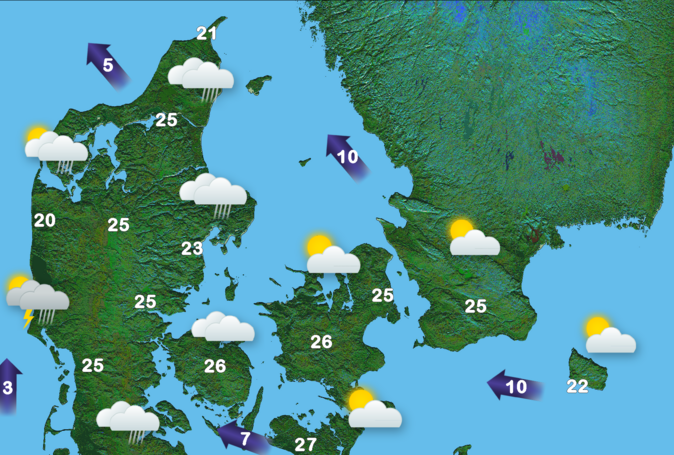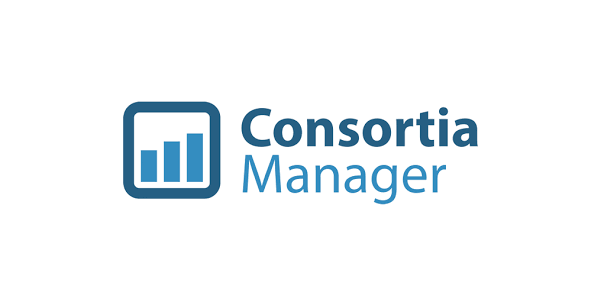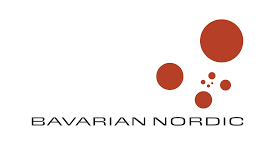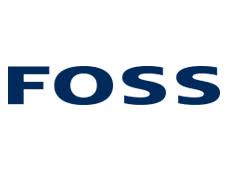On June 1, the Socialdemokraterne-Radikale-Socialistisk Folkeparti (S-R-SF) government came to an agreement with opposition parties Venstre (V), Konservative (K) and Dansk Folkeparti (DF) to create a new, more attractive and vocationally-stronger education programme for teachers.
The move is an attempt to increase the quality of education at the nation's public schools.
Students taking the teachers’ education programme will in the future face more stringent demands such as entry quotients, admission interviews and a more practically-orientated curriculum.
The education minister, Morten Østergaard (R), was pleased with the reform negotiations and said that the new education platform for upcoming teachers will attract more vocationally-sound students with a passion for teaching.
“One of the more central goals is that public school students must be engaged by teachers who possess a deep knowledge of the subject that they are teaching,” Østergaard said in a statement. “Teachers are a vital part of our children's foundation and we need to lift the level of the teaching education and thus our future teachers.”
Curricular settings were also addressed so that subjects such as Christianity, lifestyle education and citizenship will become part of teachers’ basic vocational skill set.
Furthermore, the reform aims to make teachers better able to prepare students for participation in classes and instil the students with a sense of societal responsibility.
The agreement also focuses on strengthening the competencies of future teachers, such as leadership in the classroom, relationship proficiency, inclusion competency and the identification of social problems.
“If we are to successfully tackle the immense challenge of better inclusion in schools, then teachers must be better equipped to deal with students with special needs,” science and education spokesperson Kristen Brosbøl (S) told Folkeskolen.dk. “The use of IT in the classroom can also help engage the students in new ways and will become an essential element in future teaching environments.”
However, not everyone was impressed with the new education platform. Anders Bonbo of the teachers' association Danmarks Lærerforegning said the reform attempt was inadequate. He pointed to the Finnish system as a clear upgrade to follow.
“It is disappointing. Politicians have so many demands and wishes for the Danish school system and here they have an opportunity to strengthen the entire foundation,” Bonbo told Folkeskolen.dk. “Instead, they weakly renovated the existing platform, using the elements already present. It doesn’t make any sense.”
The new teachers’ education programme will apply to students admitted for classes in the summer of 2013.




